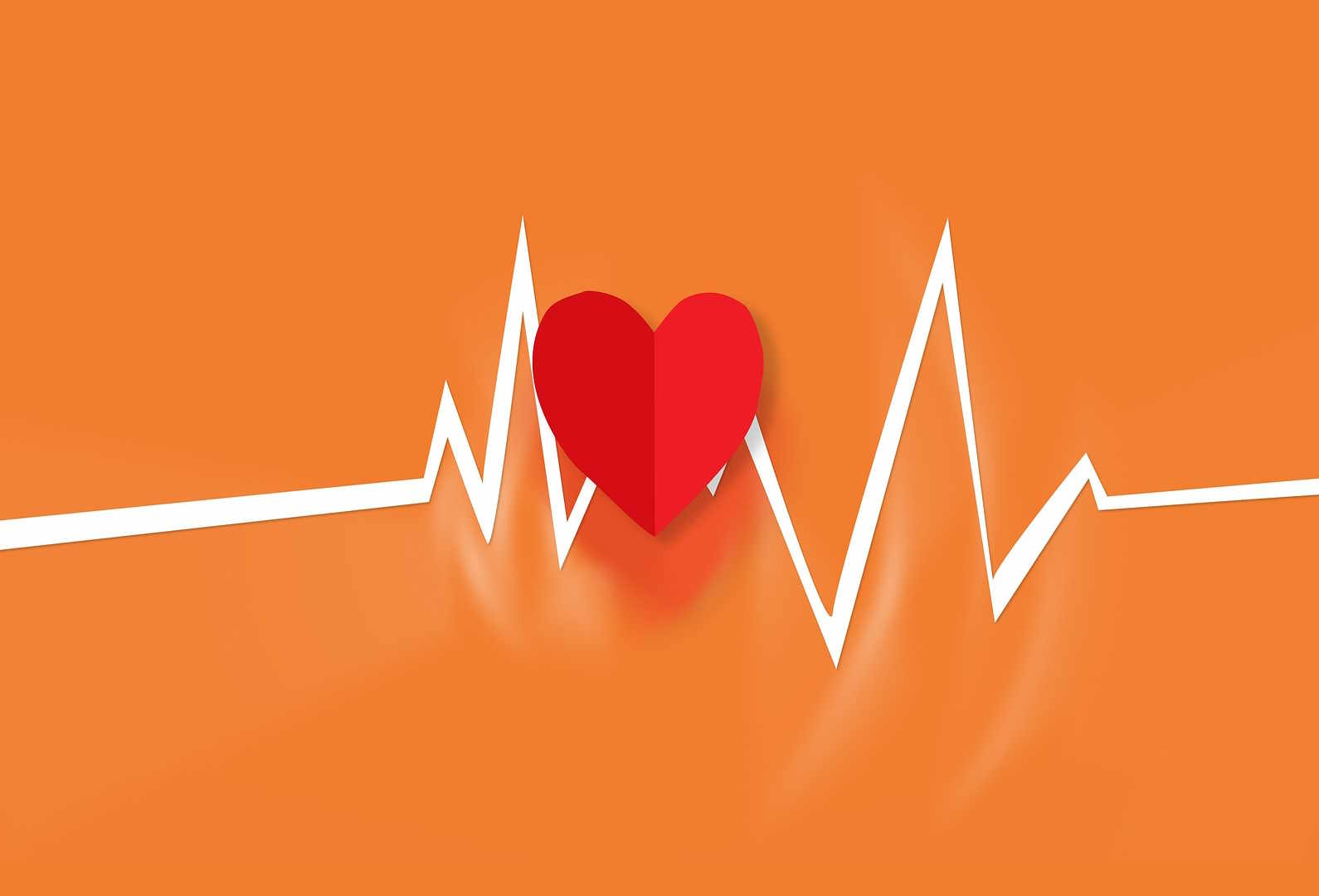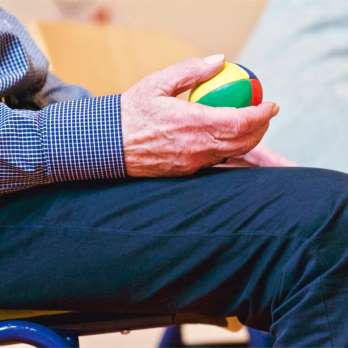Heart Failure Treatment: Recognizing Early Signs for Timely Care
Recognizing the early signs of heart failure can be lifesaving. Symptoms like shortness of breath, fatigue, and swelling in the legs may appear gradually but should not be ignored. Early detection allows for timely treatment and better long-term outcomes.

What are the first signs of heart failure to watch for?
Heart failure often develops gradually, with symptoms that may be easy to overlook or attribute to other causes. However, recognizing these early warning signs is crucial for timely intervention. Some of the first signs to be aware of include:
-
Shortness of breath: This can occur during physical activity or even while resting, especially when lying down.
-
Fatigue and weakness: Feeling unusually tired or weak, even after a good night’s sleep.
-
Swelling in the legs, ankles, or feet: This is caused by fluid buildup and is often more noticeable in the evening.
-
Rapid or irregular heartbeat: You may experience heart palpitations or a feeling that your heart is racing.
-
Persistent coughing or wheezing: This can be accompanied by white or pink-tinged mucus.
These symptoms may appear subtle at first but tend to worsen over time. It’s essential to pay attention to your body and not dismiss these signs as normal aging or simply being out of shape.
How can you recognize the early stages of heart failure?
Recognizing heart failure in its early stages requires vigilance and an understanding of your body’s normal functioning. Here are some key ways to identify potential heart failure:
-
Monitor your exercise tolerance: If you find yourself becoming unusually short of breath during activities that were previously easy, it could be a sign of heart failure.
-
Track your weight: Sudden weight gain of 2-3 pounds in a day or 5 pounds in a week could indicate fluid retention, a common symptom of heart failure.
-
Pay attention to sleep patterns: If you need to prop yourself up with extra pillows to breathe comfortably at night, this could be a sign of fluid buildup in the lungs.
-
Notice changes in urination: Decreased urine output during the day but increased urination at night can be an early indicator of heart failure.
-
Be aware of digestive issues: Loss of appetite, nausea, or abdominal swelling can occur as heart failure progresses.
It’s important to note that these symptoms can also be caused by other conditions. However, if you experience a combination of these signs, especially if they persist or worsen, it’s crucial to consult a healthcare professional.
What should you do if you spot potential heart failure symptoms?
If you recognize any of the early signs of heart failure, taking prompt action is vital. Here are the steps you should consider:
-
Schedule an appointment with your primary care physician: Describe your symptoms in detail, including when they started and how they affect your daily life.
-
Keep a symptom diary: Record your symptoms, their frequency, and any factors that seem to worsen or alleviate them.
-
Prepare for diagnostic tests: Your doctor may recommend tests such as an echocardiogram, electrocardiogram (ECG), or blood tests to assess your heart function.
-
Be ready to discuss your medical history: Inform your doctor about any pre-existing conditions, medications, or family history of heart disease.
-
Consider lifestyle changes: Even before a diagnosis, adopting a heart-healthy diet, regular exercise (as tolerated), and stress reduction techniques can be beneficial.
Remember, early detection and treatment of heart failure can significantly improve outcomes and prevent the condition from worsening.
How is early-stage heart failure typically treated?
Treatment for early-stage heart failure aims to manage symptoms, slow disease progression, and improve quality of life. Common approaches include:
-
Medications: ACE inhibitors, beta-blockers, and diuretics are often prescribed to reduce strain on the heart and manage fluid buildup.
-
Lifestyle modifications: This includes following a low-sodium diet, limiting fluid intake, regular exercise, and quitting smoking.
-
Monitoring: Regular check-ups and self-monitoring of weight, blood pressure, and symptoms are crucial.
-
Cardiac rehabilitation: Structured programs can help improve heart function and overall health through supervised exercise and education.
-
Device therapy: In some cases, implantable devices like pacemakers or defibrillators may be recommended.
The specific treatment plan will depend on the underlying cause of heart failure, the severity of symptoms, and individual patient factors.
| Treatment Approach | Provider | Cost Estimation |
|---|---|---|
| Medication Management | Primary Care Physician | $50-$200 per visit, plus medication costs |
| Cardiac Rehabilitation | Hospital-based programs | $20-$50 per session, typically 2-3 times per week |
| Lifestyle Counseling | Registered Dietitian | $100-$200 per session |
| Device Therapy | Cardiologist | $30,000-$50,000 for implantation, plus ongoing monitoring |
Prices, rates, or cost estimates mentioned in this article are based on the latest available information but may change over time. Independent research is advised before making financial decisions.
Heart failure is a serious condition, but with early recognition and proper treatment, many people can lead full and active lives. By staying attuned to your body’s signals and seeking prompt medical attention when needed, you can take proactive steps to protect your heart health. Remember, heart failure is not a death sentence—it’s a condition that can be managed effectively with the right care and lifestyle choices.
This article is for informational purposes only and should not be considered medical advice. Please consult a qualified healthcare professional for personalized guidance and treatment.




